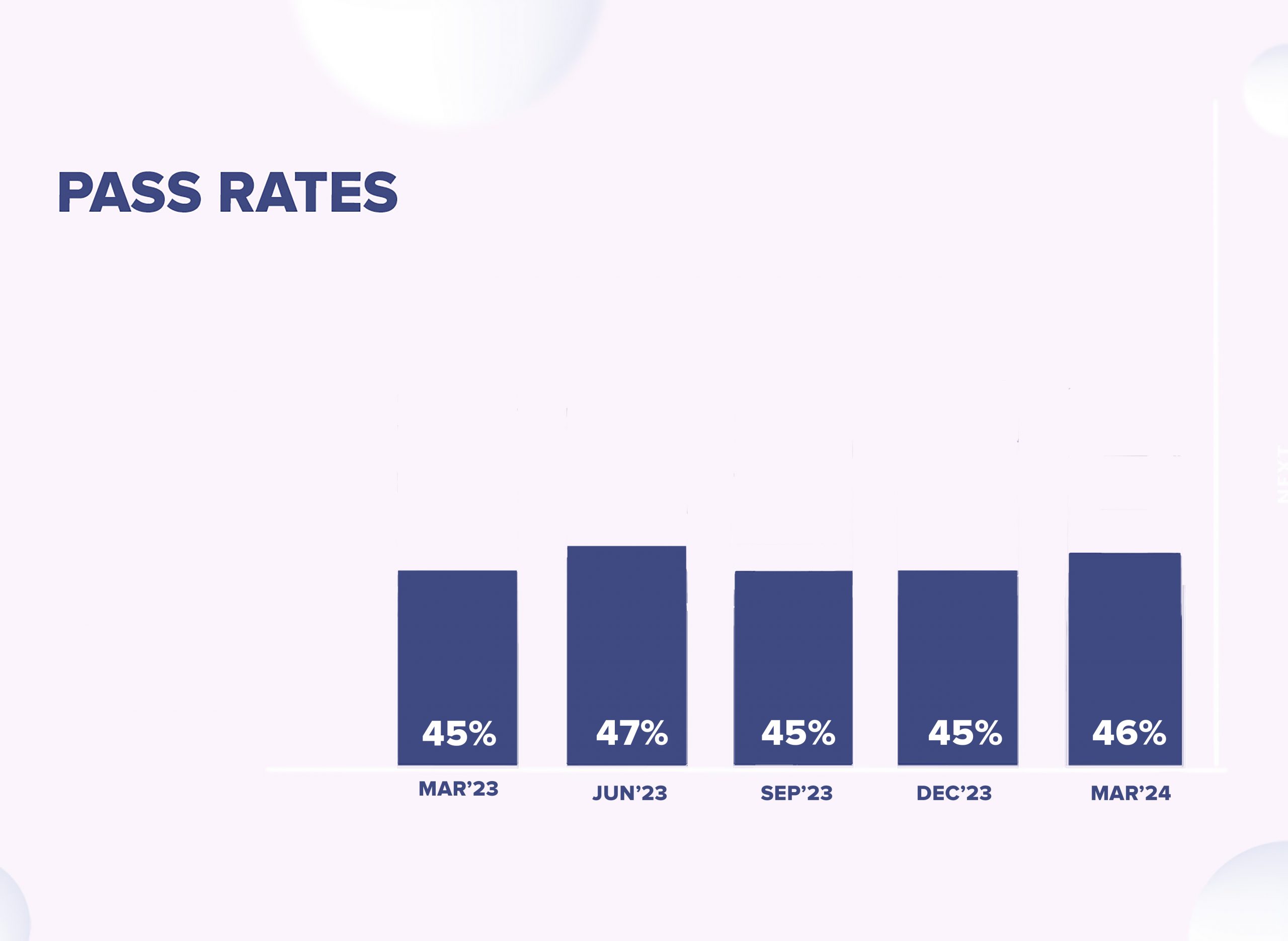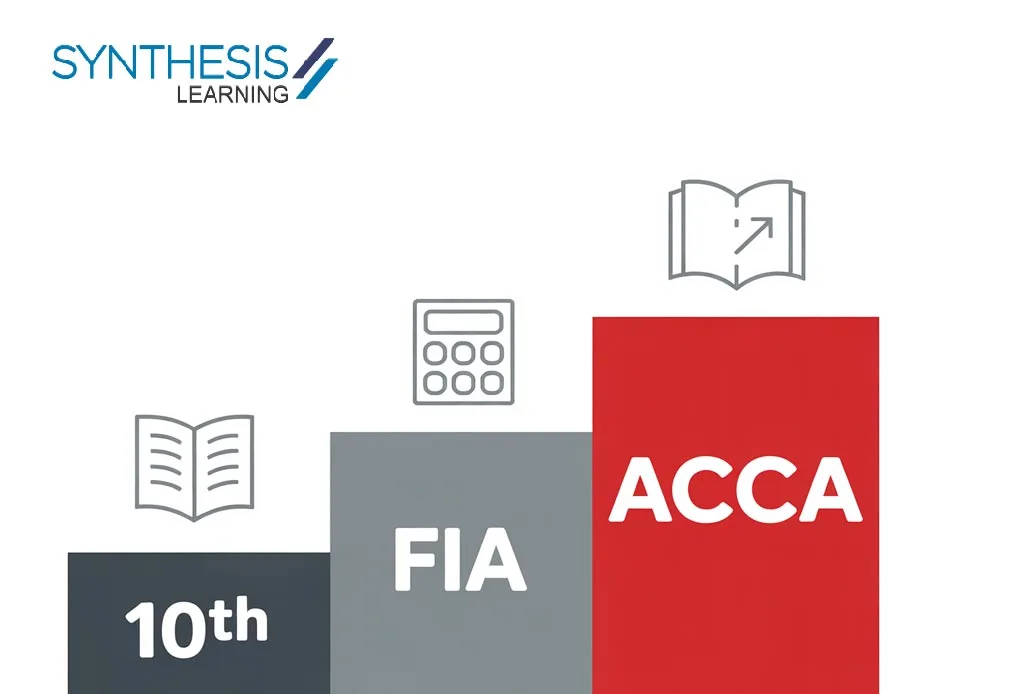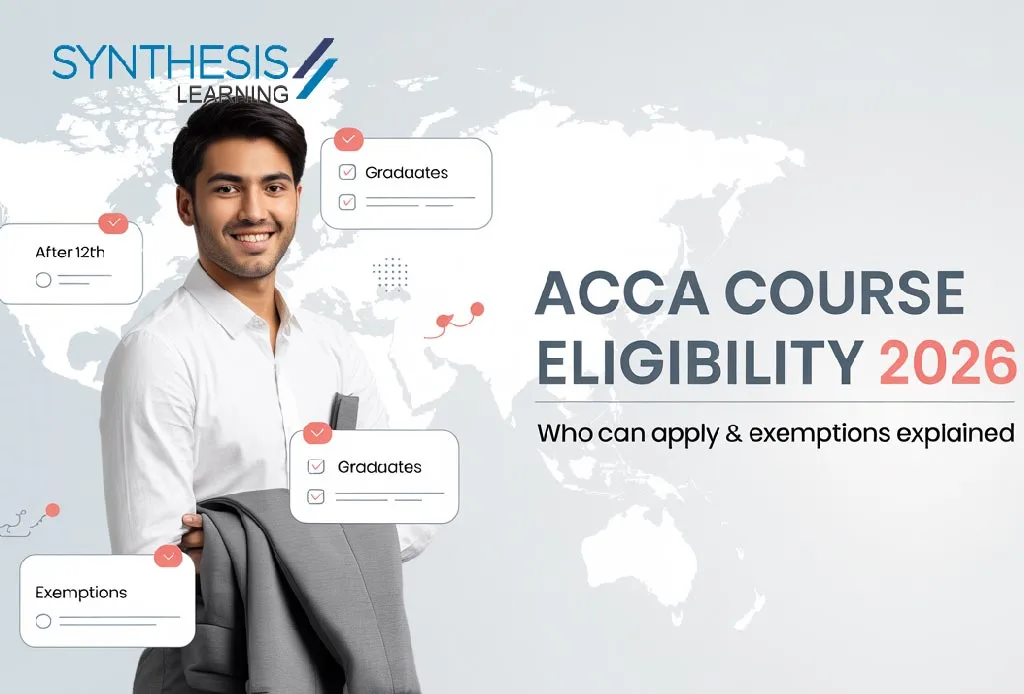DECODING THE SUBJECT
The Advanced Financial Management examination prepares candidates to advise the management or clients on complex strategic financial management problems that an organization faces. The objective of the Advanced Financial Management paper is to enable candidates to demonstrate the application of relevant knowledge, techniques, and skills, and to exercise professional judgment, in recommending or taking complex decisions relating to the strategic financial management of a business. Explore our ACCA AFM study guide to discover effective ways to prepare for the exam.
Table Of Contents
ACCA AFM SYLLABUS
ACCA AFM PAPER PATTERN
ACCA AFM PASSING TRENDS
SOURCES OF CONTENT
STUDYING METHODOLOGY
GAINING PROFESSIONAL MARKS
THINGS TO REMEMBER WHILE WRITING THE EXAM
EXAMINER’S EXPECTATIONS
ACCA AFM SYLLABUS
The Syllabus for ACCA Advanced Financial Management can be broken down into the following categories:
 A. Role of senior financial adviser in the multinational organization
A. Role of senior financial adviser in the multinational organization
- The role and responsibility of senior financial executive/advisor
- Financial strategy formulation
- Ethical and governance issues
- Management of international trade and finance
- Strategic business and financial planning for multinational organizations
- Dividend policy in multinationals and transfer pricing
 B. Advanced investment appraisal
B. Advanced investment appraisal
- Discounted cash flow techniques
- Application of option pricing theory in investment decisions
- Impact of financing on investment decisions and adjusted present values
- Valuation and the use of free cash flows
- International investment and financing decisions
 C. Acquisitions and mergers
C. Acquisitions and mergers
- Acquisitions and mergers versus other growth strategies
- Valuation for acquisitions and mergers
- Regulatory Framework and Processes
- Financing acquisitions and mergers
 D. Corporate reconstruction and reorganization
D. Corporate reconstruction and reorganization
- Financial reconstruction
- Business re-organization
 E. Treasury and advanced risk management techniques
E. Treasury and advanced risk management techniques
- The role of the treasury function in multinationals
- The use of financial derivatives to hedge against forex risk
- The use of financial derivatives to hedge against interest rate risk
 F. Professional skills
F. Professional skills
- Communication
- Analysis and evaluation
- Skepticism
- Commercial acumen
 G. Employability and technology skills
G. Employability and technology skills
- Use computer technology to efficiently access and manipulate relevant information.
- Work on relevant response options, using available functions and technology, as would be required in the workplace.
- Navigate windows and computer screens to create and amend responses to exam requirements, using the appropriate tools.
- Present data and information effectively, using the appropriate tools.
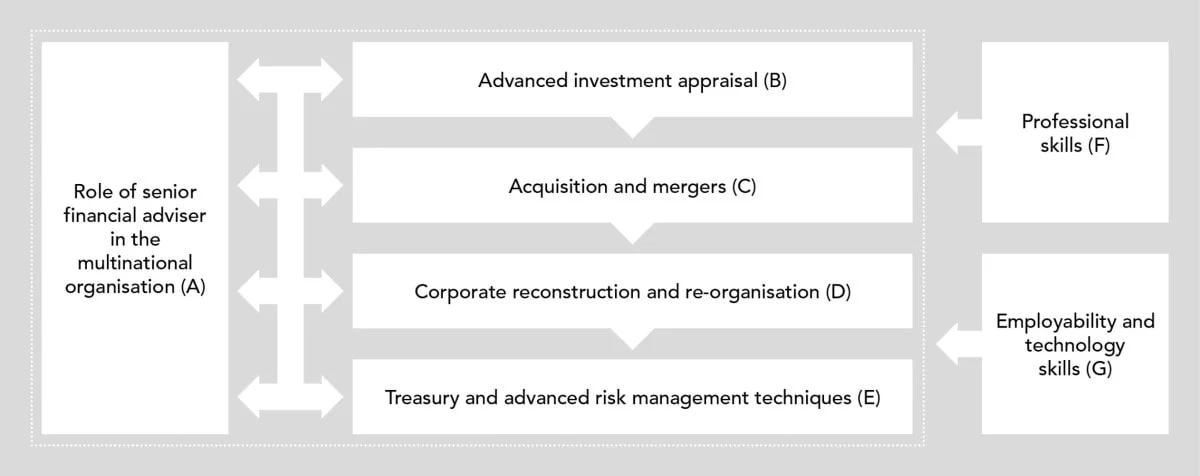
ACCA AFM PAPER PATTERN
The ACCA AFM exam is a 3-hour 15 minutes paper. AFM is divided into 2 parts: Section A and Section B. Any part of the syllabus can be examined in either of the 2 sections.
| Section | Particulars | Marks |
| A | Single case study | 50 |
| B | 2 questions of 25 marks each | 50 |
| Total | 100 |
Section A:
- A single 50-mark case study will make up Section A. The 50 marks will be divided into 40 technical marks &10 professional skills marks.
- Candidates shall be required to do computations, compare the results to related data, analyze the findings, and provide recommendations or conclusions as needed.
- Candidates should understand that the case study will focus on a variety of themes from at least two syllabus areas from I to VII because financial managers need to consider a wide range of issues that influence an organization and its finances. This will change based on the case study’s business environment.
- Topics such as hedging of foreign exchange risk and interest rate risk, evaluation of proposed mergers or acquisitions, investment appraisal, business valuation, etc. generally appear in this section of AFM.
Section B:
- Two mandatory 25-marker questions make up Section B.
- Each scenario-based question in section B will have a mix of numerical & narrative-based tasks.
- 20 marks are allocated towards technical skills, and 5 marks towards demonstration of professional skills.
- Topics such as Black Scholes option pricing, financing decisions, financial strategy evaluation, risk management techniques, etc often seen appear in this section.
Hack:
- Conceptual clarity: A major proportion of examination marks are allocated towards in-depth analysis & explanation of numbers crunched. A lot of emphasis is placed on the candidate’s ability to articulate their rationale, analysis and recommendations with respect to the numbers crunched & what lies between them. Hence, strong conceptual clarity and the ability to apply it to complex situations is the real test of the examination.You will be able to clear the paper with flying colours by thinking from different perspectives, Suggestion- displaying a conceptual understanding and demonstrating professional skills while presenting your answer.Hence, while preparing, focus on building a strong conceptual clarity and ensure you practice enough case studies. Not only will this ensure that you get a more hands-on idea of the exam setting, but it will also help you with application and articulation.
- Appearing for CBE Mocks: By now, you would have realized the importance of appearing for the Mock Exams in ACCA’s Practice Platform. This is an absolute must to familiarize yourself with the professional-level exam environment. Appearing for 2 – 3 mocks will give you the confidence to deal with exam challenges such as speed, relevance, ability to recall & articulate, etc.
- Current issues: Current issues: Be largely aware of current global issues, particularly in the world of finance. There are ample resources to keep in touch with recent happenings. You will develop an aptitude to connect your textbooks with real-life cases, which are often seen to be tested in the examination.
- Knowledge of FM: Knowledge from Financial management (F9 paper) forms the base for the Advanced financial management syllabus. Financial management function, financial management environment, working capital management, investment appraisal, business finance, cost of capital, business valuations, risk management, etc. are fundamental topics covered in FM syllabus, and thorough knowledge of this is required to appreciate the content in the Advanced Financial Management paper.
ACCA AFM PASSING TRENDS
You are expected to score 50/100 to pass the ACCA Advanced Financial Management examination. This is easily manageable with a clear understanding of the concepts, good practice of the questions, and a positive attitude. The subject matter is purely theoretical and the pass rates of ACCA AFM papers across the globe are roughly between 45%-47% for most attempts.
SOURCES OF CONTENT
You need to primarily refer to these two content sources for your preparations –
- The Study Text – for conceptual understanding
- The Practice/Exam Kit – for practice questions
There are only two ACCA-approved content providers that you should consider, namely, Kaplan Publishing and BPP Learning Media. Apart from this, you can also refer to the technical articles published by ACCA on different topics. You can use this link to refer to the articles.
Download Our FREE Revision Notes For ACCA AFM Here
STUDYING METHODOLOGY
- In the first stage, master the Study Text in great detail to develop an understanding of the concepts and build a strong base .This is the time to gain an understanding of various complex topics such as hedging of foreign exchange exposure and interest rate risk, business valuations, etc.
- For the next stage, start going through the case studies in the exam kit in detail. Understand the application of the conceptual theories mastered in the Study Text.
- It is advisable to solve some cases by typing them (simulating the exam environment) in the Blank Workspace that is provided on the practice platform for a more hands-on application and practice. Using a Spreadsheet will help you to gain an understanding of how to use various formulae in order to avoid any trivial inaccuracies in exams and loose marks.
- Pay key attention to the Examiner’s comments to get a perspective on what is expected of you in the examination in order to meet the minimum standards set by the Examining Body.
- Do not keep your studies towards the end. (Suggestion: Do not let your studies pile up to the last moment). Ensure that you set a systematic weekly timetable to master the content week after week. This will allow you adequate time for revision and practice towards the end.
GAINING PROFESSIONAL MARKS
- There are 20 marks allocated to the demonstration of professional skills. These essentially judge a candidate on the demonstration of professional and behavioral skills throughout the case requirements.
- These are further divided into four categories namely communication, analysis and evaluation, professional skepticism & judgment, and commercial acumen.
- Section A: Section A question will look at each one of the above-mentioned professional skills in detail.
- Section B: A minimum of two of four professional skills will be examined in each question of Section B.
THINGS TO REMEMBER WHILE WRITING THE EXAM
After months of all the effort and hard work, you would’ve put into the preparation for this exam, it is equally important to ace your exam. Here are some things to remember-
- Time Management: It is important to complete the paper on time. Remember, time management is a key to success! Here is how you can allocate your time-
| PAPER | AFM | TOTAL |
| Section A | 1 hour 30 minutes | |
| Section B | Each case study: 45 minutes | 1 hour 30 minutes |
| Buffer time | 15 minutes | |
| TOTAL | 195 minutes |
Be crisp and precise about what has been asked. Writing extra would not fetch you any extra marks but instead, you would lose time. Therefore, spend the allocated time wisely
Make sure that you are able to answer all parts of each question and manage your time wisely so that you make a reasonable attempt at each element of each question.
- Do not stress or panic during the exam, stay calm and write all you know. If you panic, it is possible that you mess with other straightforward, manageable, and scoring questions.
- Do not leave any question unattempted: For your OTQs and MTQs, there is always a 25% probability to get the answer right, place your bet and mark the option you believe is the closest to the answer.
- Requirement section: Often requirements are split into more than one aspect. Make sure that you respond to each sub-section of the requirements. Read the requirements carefully. When asked to explain, only listing down points won’t fetch you full marks.
- Scenario-related points: Simple rote learned points would not help you to score well in AFM. Instead, answers must be linked to the scenario. Generally, it is one mark per each well-explained point. Do not repeat points. These would not fetch any marks and you would lose upon a time.
- Be prepared to find different and new styles of questions, with patience and linking to the concepts of your syllabus you should be able to tackle them well. Read the questions carefully, and address the requirement in the context of the case. (Sometimes we answer what we think is the question rather than what is the question.)
EXAMINER’S EXPECTATIONS
The ACCA publishes an Examiner’s Report for every attempt which gives an insight into the marking process, the common mistakes that students make during the exams, and other useful techniques to do well in your examination. You must go through the Examiner’s Reports to understand what the examiner is expecting from you. It will help you understand how students have failed to tackle different questions and how they could have performed better. It’s like learning from someone else’s mistakes. You can follow through this link to refer to a few of the examiner’s reports published by the ACCA.

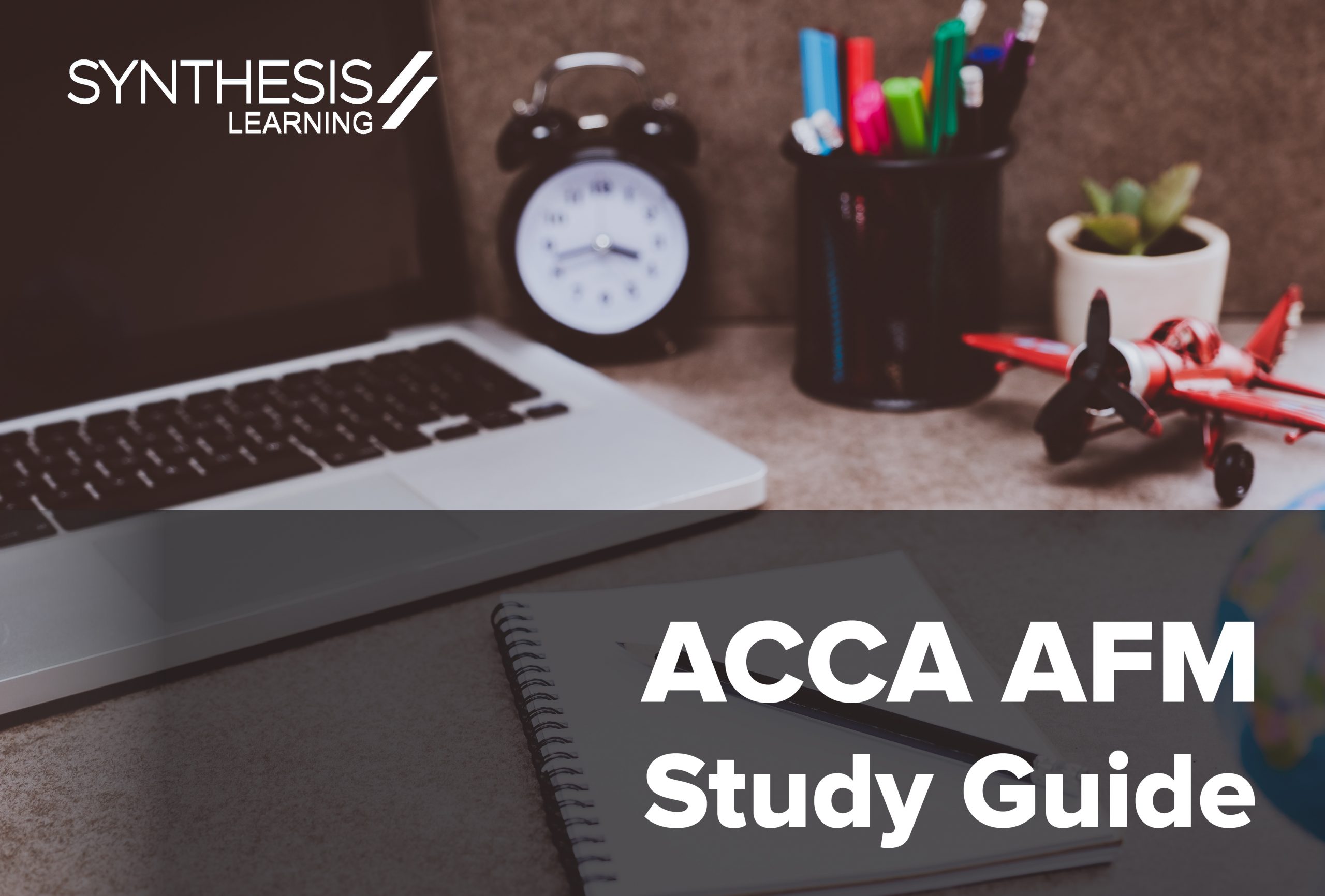
 A. Role of senior financial adviser in the multinational organization
A. Role of senior financial adviser in the multinational organization B. Advanced investment appraisal
B. Advanced investment appraisal C. Acquisitions and mergers
C. Acquisitions and mergers D. Corporate reconstruction and reorganization
D. Corporate reconstruction and reorganization E. Treasury and advanced risk management techniques
E. Treasury and advanced risk management techniques F. Professional skills
F. Professional skills G. Employability and technology skills
G. Employability and technology skills